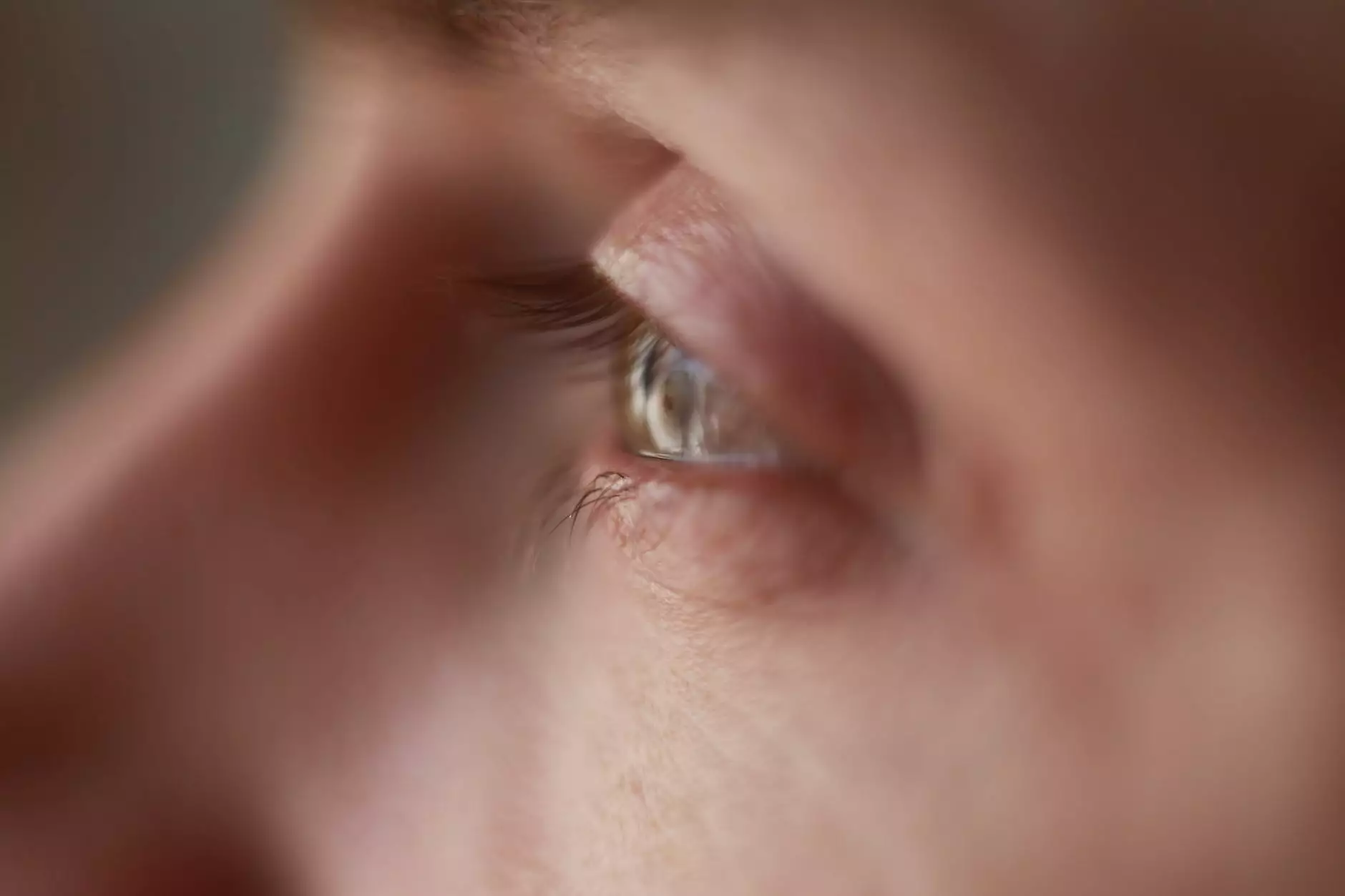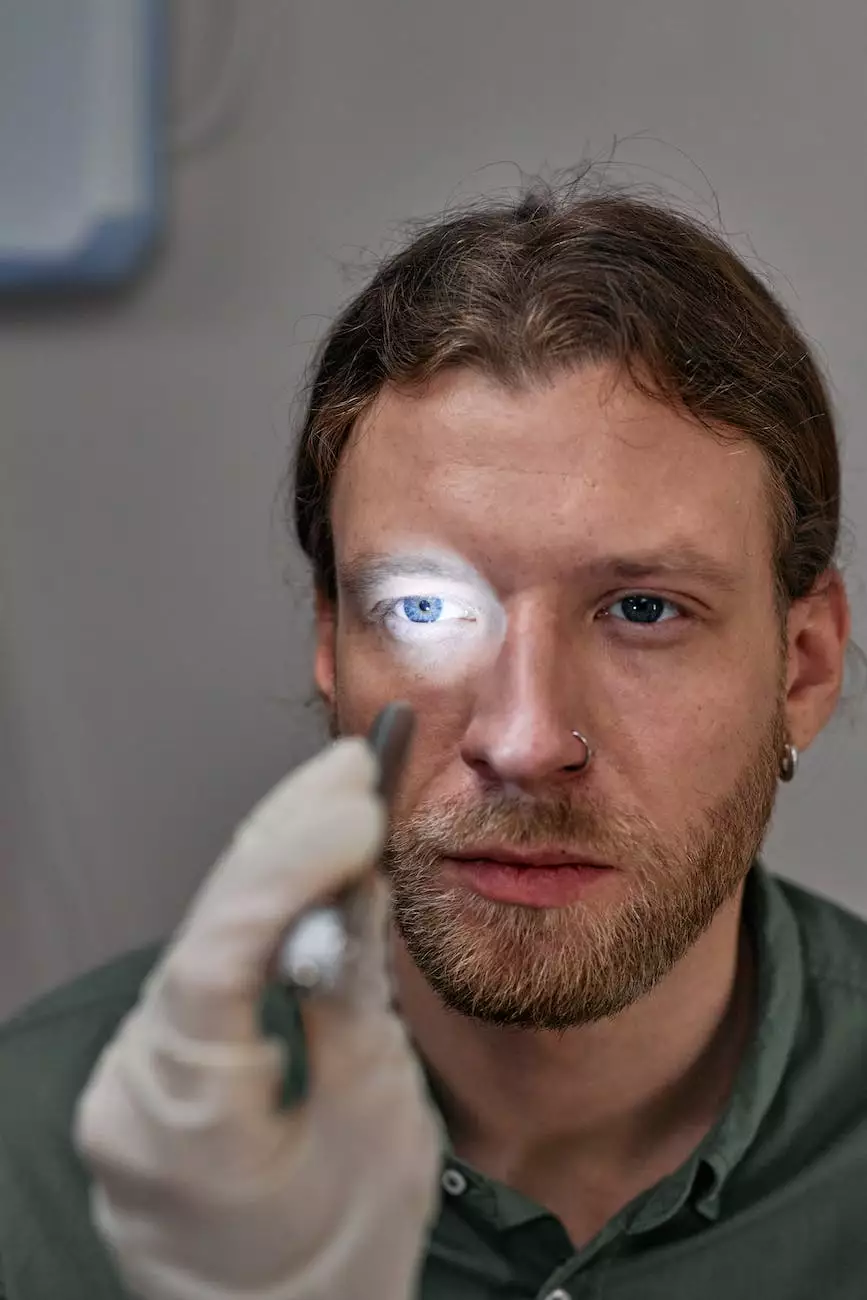Did you know there are different types of Glaucoma?
Blog
Understanding Glaucoma
Glaucoma is a group of eye conditions that can cause vision loss or even blindness. It occurs when there is damage to the optic nerve, usually due to increased pressure in the eye. If left untreated, glaucoma can lead to permanent vision loss. The good news is that early detection and proper treatment can help prevent further damage and preserve vision.
Types of Glaucoma
Primary Open-Angle Glaucoma
Primary Open-Angle Glaucoma is the most common type of glaucoma. It develops slowly and often without noticeable symptoms. This condition occurs when the drainage canals in the eye become clogged over time, leading to increased eye pressure. It is crucial to have regular eye exams, especially for individuals over 40 years old, as early detection is essential for managing this type of glaucoma.
Angle-Closure Glaucoma
Angle-Closure Glaucoma, also known as narrow-angle glaucoma, occurs when the iris (colored part of the eye) is too close to the drainage angle, blocking the flow of fluid from the eye. This type of glaucoma can develop quickly, resulting in an acute attack. Symptoms may include severe eye pain, headache, blurred vision, and nausea. Angle-Closure Glaucoma is a medical emergency that requires immediate attention to preserve vision.
Normal-Tension Glaucoma
Normal-Tension Glaucoma is a unique form of glaucoma where optic nerve damage occurs even with normal eye pressure levels. The exact reasons behind this type of glaucoma are not fully understood, but various factors such as insufficient blood flow to the optic nerve or optic nerve sensitivity may play a role. Regular eye exams and early detection are crucial for managing this condition.
Secondary Glaucoma
Secondary Glaucoma develops as a result of another eye condition, such as eye injury, inflammation, or certain medications. This type of glaucoma can occur at any age and can be either open-angle or angle-closure. Prompt treatment of the underlying condition is essential to prevent or control secondary glaucoma.
Diagnosing Glaucoma
Diagnosing glaucoma involves several tests and evaluations by an eye care professional. These may include:
- Visual field testing
- Optic nerve examination
- Measurement of intraocular pressure
- Gonioscopy to assess the drainage angle
- Pachymetry to measure corneal thickness
Treatment Options
Treatment for glaucoma aims to lower intraocular pressure and manage the underlying causes. Depending on the type and severity of glaucoma, treatment options may include:
- Prescription eye drops to reduce intraocular pressure
- Oral medications
- Laser therapy to improve fluid drainage
- Minimally invasive glaucoma surgery (MIGS)
- Traditional glaucoma surgery
Prevention and Regular Eye Care
While some risk factors for glaucoma cannot be changed, such as age and family history, there are steps you can take to reduce your overall risk and preserve your vision:
- Attend regular eye exams to detect glaucoma early
- Wear protective eyewear when participating in activities that pose potential eye injury risks
- Maintain a healthy lifestyle, including a balanced diet and regular exercise, to support overall eye health
- Follow your eye care professional's recommendations for managing glaucoma, including the use of prescribed medications and regular check-ups
Expert Eye Care by David J Scholten, OD, PC
For professional and comprehensive eye care, trust David J Scholten, OD, PC. With a commitment to delivering personalized and high-quality services, Dr. Scholten and his experienced team are well-equipped to diagnose and manage various eye conditions, including glaucoma. They understand the importance of early detection and individualized treatment plans tailored to each patient's needs.
By utilizing the latest advancements in eye care technology and staying up-to-date with industry trends, David J Scholten, OD, PC ensures that patients receive the best care possible. With their expertise and compassionate approach, you can rest assured that your vision health is in good hands.
Contact David J Scholten, OD, PC today to schedule an appointment and take the proactive step towards preserving your vision and overall eye health.










